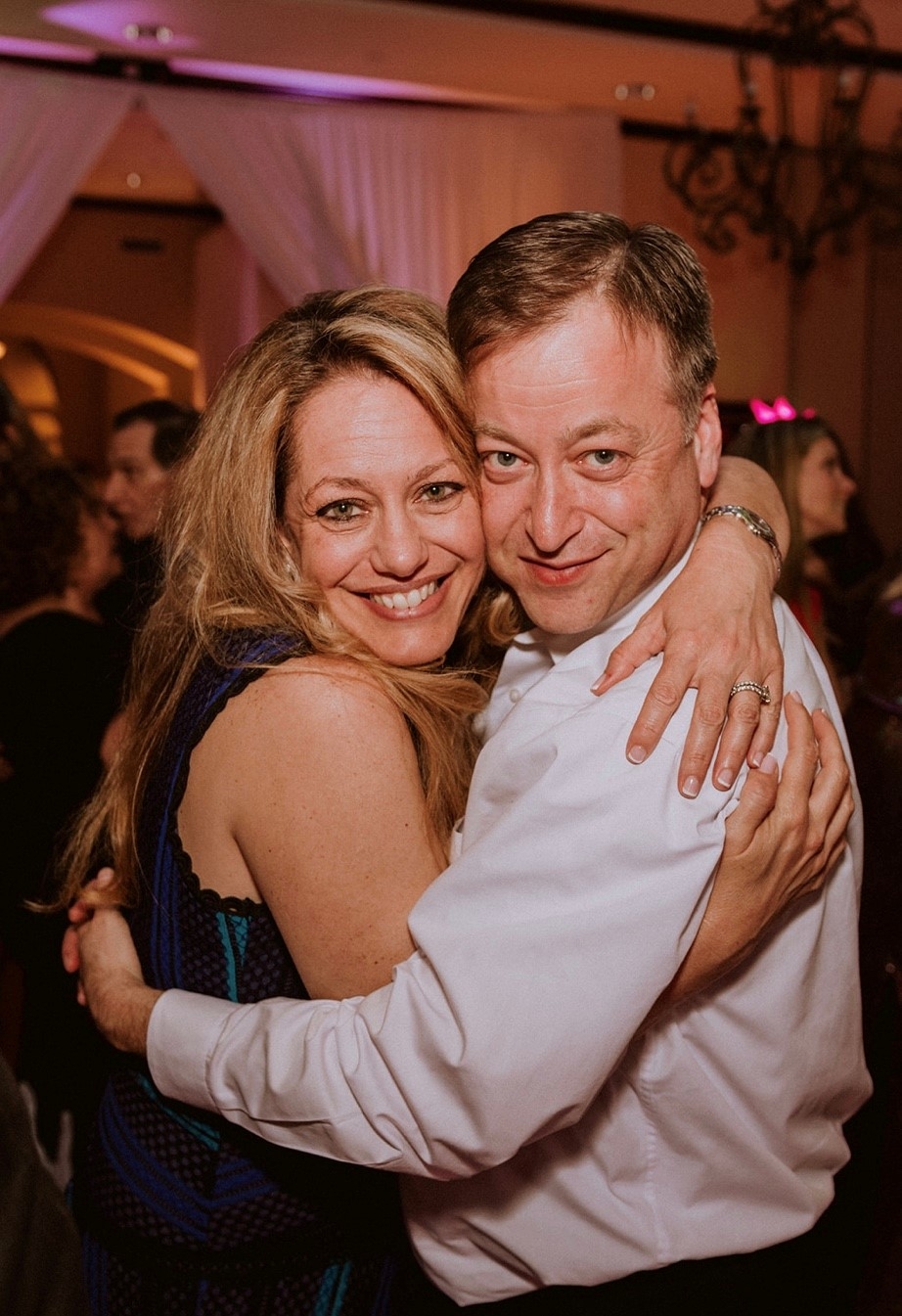While everyone goes through mental health challenges in their own unique way - based on genetics, combined with any challenging life experiences we have, mine manifested primarily in panic attacks.
I believe my panic attack disorder was all due to family history (i.e. genetics). The afternoon of my first one was in the Fall of 1988, and like most households during that time, mental health was not talked about. I felt very isolated, unable to discuss it with anyone, and that I was in this by myself. Only my best friend knew everything about me and what I was going through. I found out much later (five or so years after that first panic attack) that I had many family members that suffered from the same disorder.
By far, the 15 years of panic attacks were the most difficult stretches I have ever gone through. There were plenty of times where I just felt helpless, times in which while standing on a subway platform when I was living in NYC, I’d say to myself, “Just one step onto the tracks and no more panic attacks.” Nothing, I believe, that I ever would have ever acted on, but it explains a bit about my state of mind during this period - and how awful I felt.
The most important thing that has helped me is just telling my story. It has been very therapeutic.
I got my panic attacks under control at 33 years old, 15 years ago. The isolation I felt due to mental health not being as accepted as it is today has shaped me to want to discuss mental health with anyone willing to listen. Once I began talking about it and trying to help others is when I truly started feeling better and I was able to see significant improvement in my quality of life. I could focus on my career and my relationships in a way I was never able to before.
After years of not dating due to my panic attacks, I finally jumped into the deep end of the pool and started dating a girl who, within a month, urged me to go to therapy. Since mental health was not regularly discussed, psychiatry and therapy were almost like witchcraft to me. There was no chance someone would just be able to listen to me talk and solve my issues. But because I wanted to be successful in my relationship, I agreed to go.

After years of my general physician just putting me on sedatives (4 mg of Ativan a day), my new psychiatrist changed me to Prozac. Almost instantaneously, my head cleared, and I was able to accept the work I would need to do - therapy and then begin the process of getting this under control. Drugs for me were not a “cure all,” but they were a symptom management tool that helped me do the work through the therapy I needed.
I am still in therapy and I have really made breathing a focus. You can work yourself out of an attack just by focusing on and controlling the speed of your breathing.
While I did not end up with that girl long term, I owe her a debt of gratitude for helping me get my life back. The last 15 years have been a long and winding journey, but over that period, I have gone from about five major panic attacks per day to maybe five per year. And I have been given the tools to quickly squash a panic attack before it becomes full-blown.
The most important thing that has helped me is just telling my story. It has been very therapeutic. There is a stigma about mental health in this country and once I realized that I did not care what others thought, I was able to move forward and be able to discuss it openly.
As far as day to day, I am still in therapy and I have really made breathing a focus. You can work yourself out of an attack just by focusing on and controlling the speed of your breathing. That has really help me stop the attacks in their tracks.
Everyone has been incredibly supportive since I have opened up. Many people are surprised because they see me as such a calm person, one who oversees important decisions at a professional sports team. So, they cannot grasp that I am still on medication and in therapy. The more I tell my story, the more I am asked if I can discuss it with them, family members and co-workers who may be experiencing similar symptoms. Just as I would mentor a college kid trying to get into the sports business, I also look at this as mentoring people to try and get the proper treatment and get their own lives back.
Everyone is going through something - even in this industry at the highest levels, and I am happy to talk openly about them so that others can feel more comfortable doing the same.
Scott Levine is currently the CFO at the NHL’s Florida Panthers. He’s a member of the #SameHere Alliance and is an advocate for Mental Health. He graduated from Hofstra University with a degree in Accounting then went to work at PricewaterhouseCoopers (PWC). He then went on to be Director of Business Operations and Finance at Disney. Since that move he’s spent the better part of 20 years in the Sports & Entertainment field with stops at Time, Inc Base Entertainment and Madison Square Garden before landing at Panthers in 2015. You can learn more about Scott and connect with him on LinkedIn here.
If you're struggling with something, you work in sports and/or entertainment and you're interested in telling your story, too, then email us at clubhouse@sportsbusiness.solutions.

